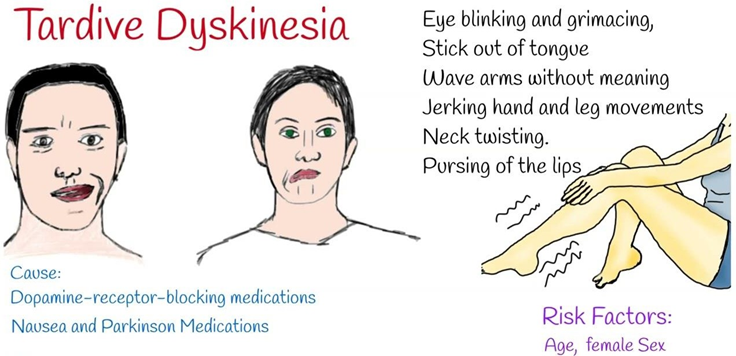A nurse is reinforcing teaching with a client who has benign prostatic hypertrophy and has a new prescription for finasteride. Which of the following information should the nurse include in the teaching?
Decreased libido is an adverse effect of the medication.
Prostate-specific antigen (PSA) levels will increase while taking this medication.
Avoid taking the medication with grapefruit juice.
Expect to experience a response from the medication in 1 week.
The Correct Answer is A
A. Decreased libido is a potential adverse effect of finasteride due to its action on reducing dihydrotestosterone levels.
B. Prostate-specific antigen (PSA) levels typically decrease while taking finasteride, not increase. It's important for the nurse to educate the client about the potential impact of finasteride on PSA levels and the interpretation of PSA tests.
C. Avoiding grapefruit juice is not specifically relevant to the use of finasteride. Grapefruit juice can interact with certain medications by affecting their metabolism, but this is not a concern with finasteride.
D. The effects of finasteride on BPH symptoms may take several months to become noticeable.
Nursing Test Bank
Naxlex Comprehensive Predictor Exams
Related Questions
Correct Answer is D
Explanation
A. Akathisia refers to a subjective feeling of restlessness and an objective inability to sit still.
It's characterized by a need to move constantly and is not typically associated with choreiform movements, lip smacking, or spastic facial distortions.
B. Dystonia involves sustained or intermittent muscle contractions leading to abnormal postures or twisting movements. It typically presents with muscle spasms, not choreiform movements or lip smacking.
C. Pseudoparkinsonism refers to a collection of symptoms that resemble Parkinson's disease, such as tremor, bradykinesia, rigidity, and postural instability. It does not typically involve choreiform movements or lip smacking.
D. Tardive dyskinesia is a movement disorder characterized by involuntary, repetitive movements of the face and body, including choreiform movements (rapid, jerky movements), lip smacking, and spastic facial distortions. It often develops after long-term use of antipsychotic medications like chlorpromazine and can persist even after discontinuation of the medication.

Correct Answer is A
Explanation
A. Azithromycin is an antibiotic commonly used to treat infections such as chlamydia. While it's generally well-tolerated, it can rarely cause serious side effects such as allergic reactions or severe skin reactions. Sore throat or fever may indicate such adverse effects, and patients
should be instructed to contact their healthcare provider immediately if they experience these symptoms.
B. Dark yellow or orange urine is not a typical side effect of azithromycin. It can be caused by drugs such as rifampin.
C. Taking azithromycin with an antacid is generally not necessary and may interfere with the absorption of the medication. It's usually recommended to take azithromycin on an empty stomach, at least 1 hour before or 2 hours after meals, unless otherwise directed by a healthcare provider.
D. Bleeding gums are not a common side effect of azithromycin. If a patient experiences unusual bleeding or bruising, they should seek medical attention, but this symptom is not specifically associated with azithromycin use.
Whether you are a student looking to ace your exams or a practicing nurse seeking to enhance your expertise , our nursing education contents will empower you with the confidence and competence to make a difference in the lives of patients and become a respected leader in the healthcare field.
Visit Naxlex, invest in your future and unlock endless possibilities with our unparalleled nursing education contents today
Report Wrong Answer on the Current Question
Do you disagree with the answer? If yes, what is your expected answer? Explain.
Kindly be descriptive with the issue you are facing.
